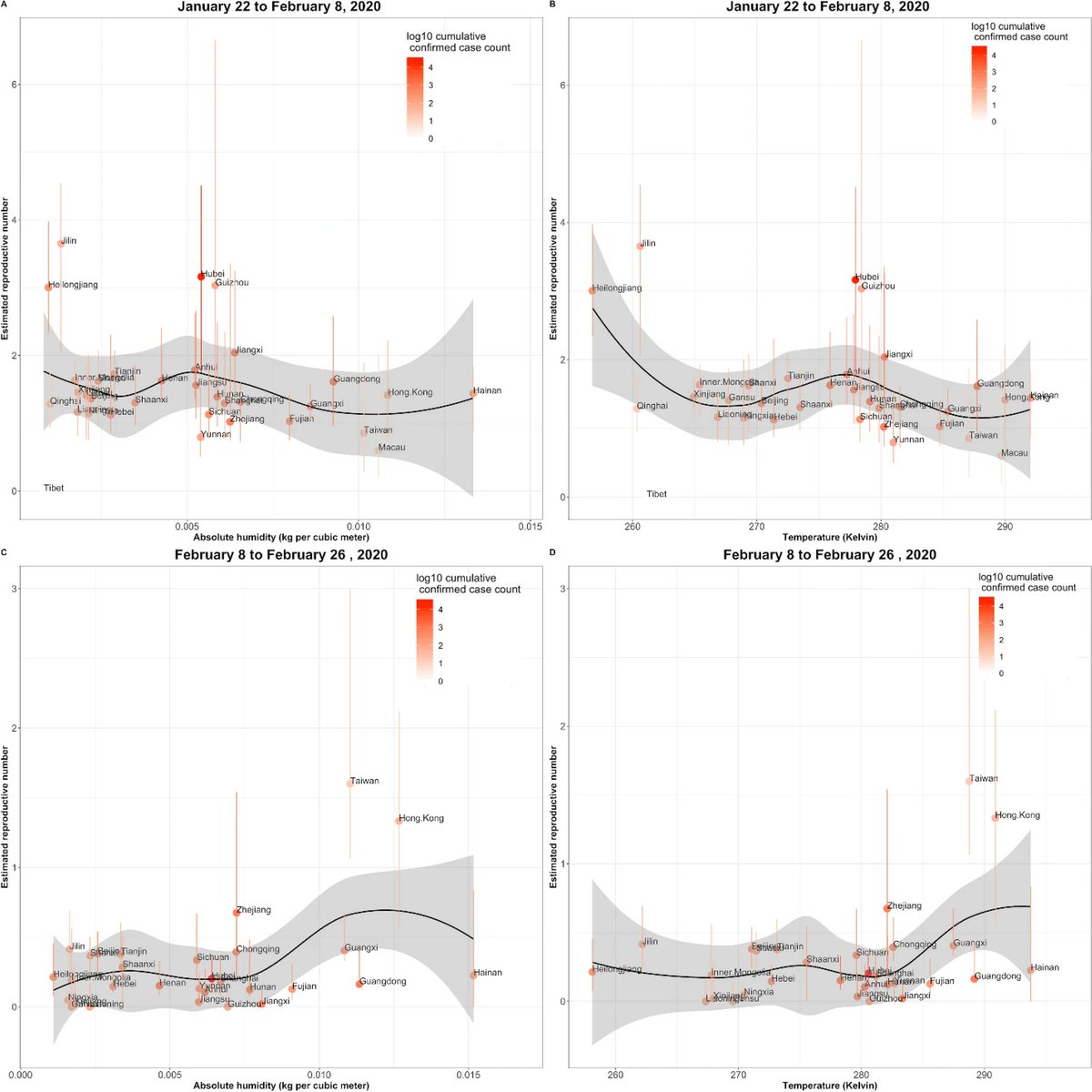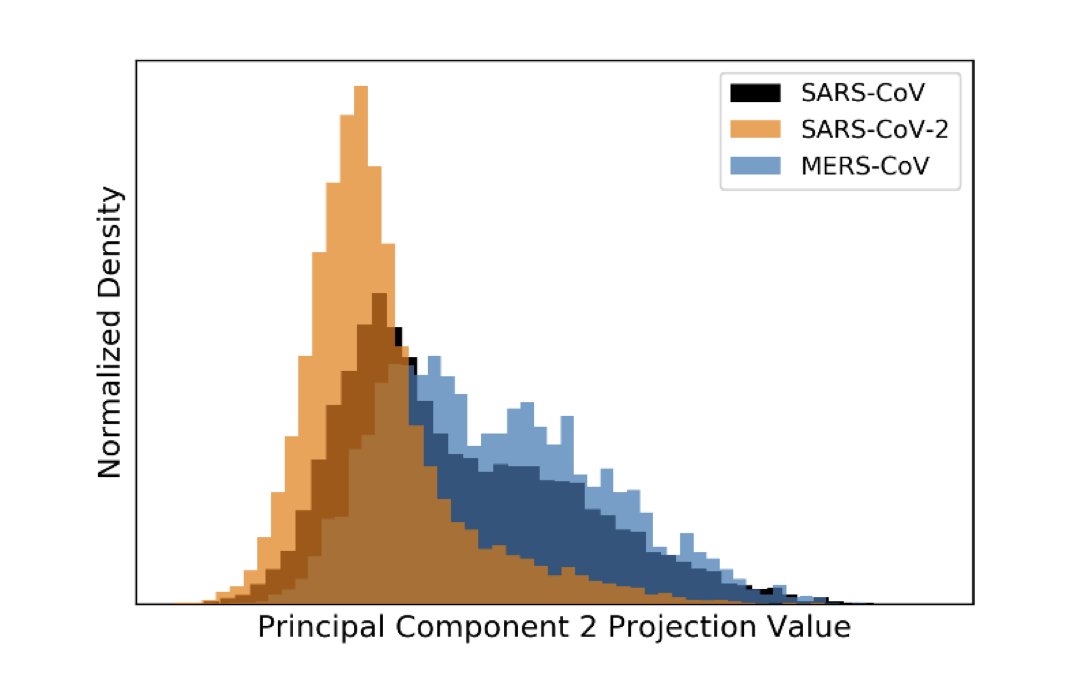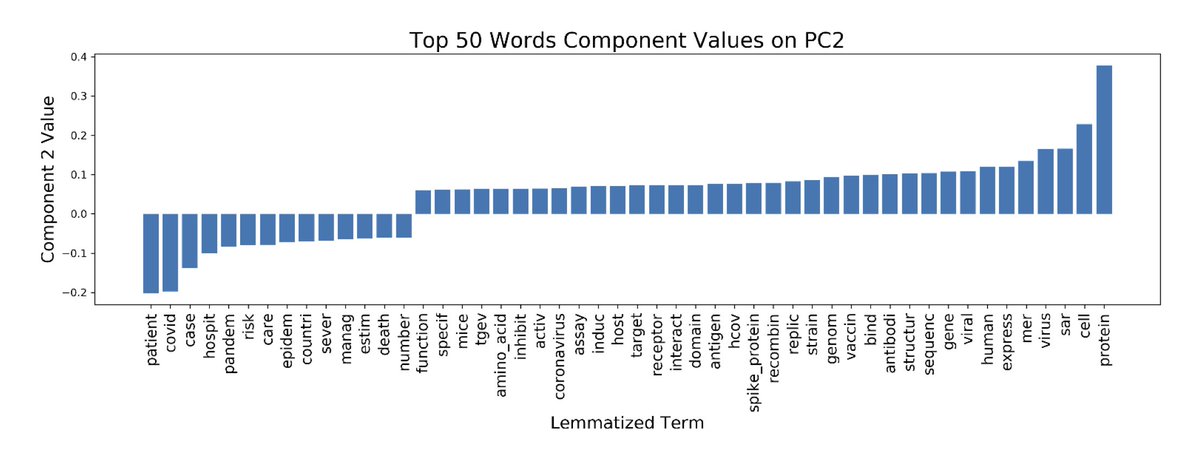
As more folks get #vaccinated, the % of folks who get sick with #COVID19 & happen to be vaccinated will increase. This is expected (at rates that my team & others are monitoring), & it doesn't mean that #vaccines aren't working; rather, it reflects the realities of probability.
A few of y’all have asked for clarification about the math here. I may get around to doing a more comprehensive thread, but for now, the easiest way to understand this is in the extreme situation where 100% of Population A is vaccinated & a sick person visits from Population B.
Because the vaccines we have aren’t 100% effective, a fraction of Population A is still susceptible when the visitor from Population B comes on by. In such a situation, ~100% of folks who subsequently get sick in Population A (via the sick visitor) will have been vaccinated.
An important thing to note here though is that because only a (small) fraction of people in Population A are susceptible when the sick visitor comes on by, only a small *number* of people get sick—a much smaller number than if fewer people in Population A had been vaccinated.
• • •
Missing some Tweet in this thread? You can try to
force a refresh






